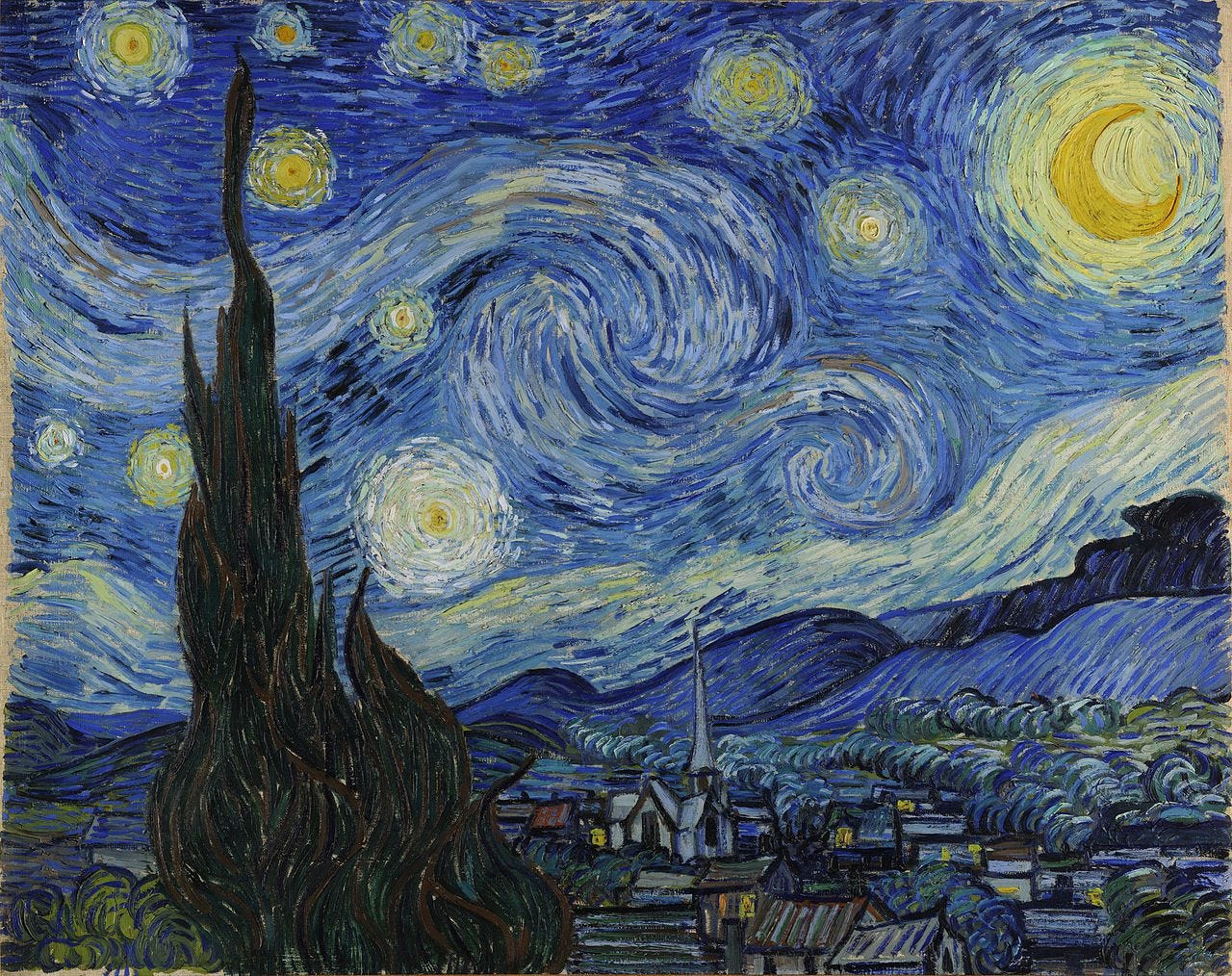Beyond This Starry Vault
Louis Pasteur, 1882
Beyond this starry vault, what is there? New starry skies. And what beyond those? The human spirit, driven by an invincible force, will never cease to wonder: What is beyond? Does he want to stop either in time or in space? As the point at which he stops is only a finite magnitude, greater only than all those which preceded it, scarcely has he begun to consider it, than the implacable question returns and always, without being able to silence the cry of his curiosity. It is useless to answer: beyond are spaces, times or sizes without limits. No one understands these words. He who proclaims the existence of the infinite, and no one can escape it, accumulates in this affirmation more of the supernatural than there is in all the miracles of all the religions; for the notion of the infinite has this double character of imposing itself and of being incomprehensible. When this notion takes hold of the understanding, all you have to do is bow down before it. Again, at this moment of poignant anguish, one must ask pardon of one's reason: all the springs of intellectual life threaten to relax; one feels close to being seized by the sublime madness of Pascal.
The above is an excerpt from Louis Pasteur’s Académie Française reception speech in 1882. I couldn’t find a fully translated version, so I used Google Translate and took a bit of input from a translation in the book The Unknown God (1934).
Keep reading with a 7-day free trial
Subscribe to Eva’s Newsletter to keep reading this post and get 7 days of free access to the full post archives.

